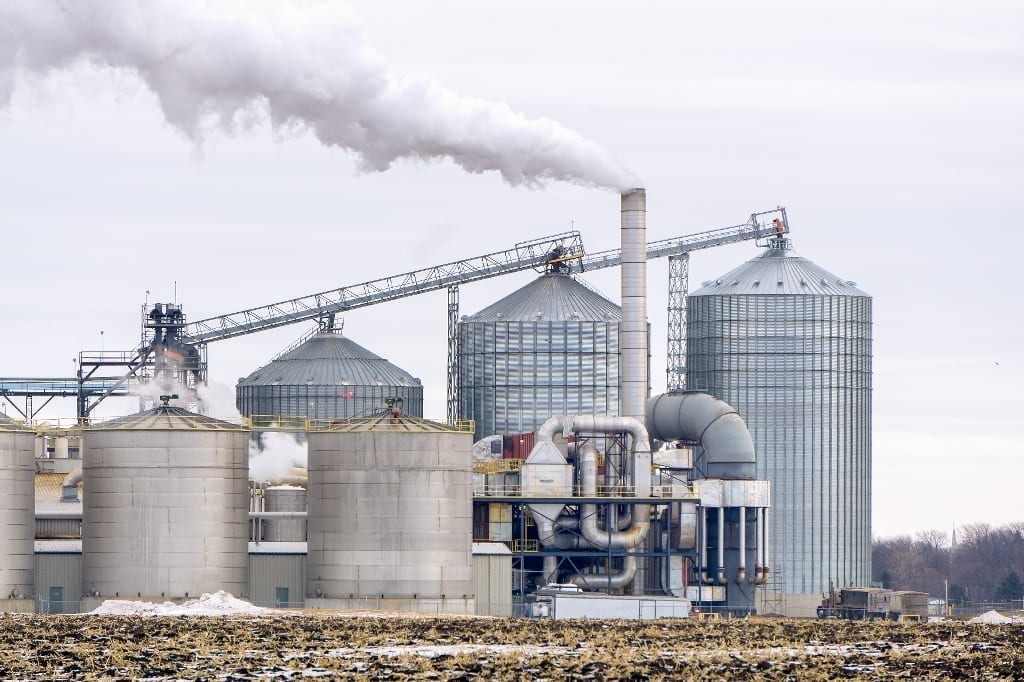Process Discovered That Turns CO2 Directly into Ethanol
A team of researchers from the US Department of Energy’s Oak Ridge National Laboratory have “accidentally” discovered a process that converts CO2 directly into ethanol. “We were trying to study the first step of a proposed reaction when we realized that the catalyst was doing the entire reaction on its own,” team member Adam Rondinone said.
According to Science Alert, the catalyst Rondinone and his colleagues put together consisted of carbon, copper, and nitrogen. The copper nanoparticles were embedded in a nitrogen-laced carbon spike “measuring just 50-80 nanometers tall.” When they then applied just 1.2 volts of electricity, “the catalyst converted a solution of CO2 dissolved in water into ethanol, with a yield of 63 percent.” This type of reaction typically yields a mixture of products in small amounts, including methane, ethylene, and carbon monoxide. While none of these compounds are in particularly high demand, in the US ethanol is blended into most gasolines, with a 10-15 percent average ethanol content.
“We’re taking carbon dioxide, a waste product of combustion, and we’re pushing that combustion reaction backwards with very high selectivity to a useful fuel,” Rondinone said in a statement.
Because this process requires such a small amount of electricity to occur and experiences such high yields, the team believes the process can easily be scaled up for industrial use. This would both minimize the amount of pollution being produce while also producing a product necessary to meet growing energy consumption needs.














